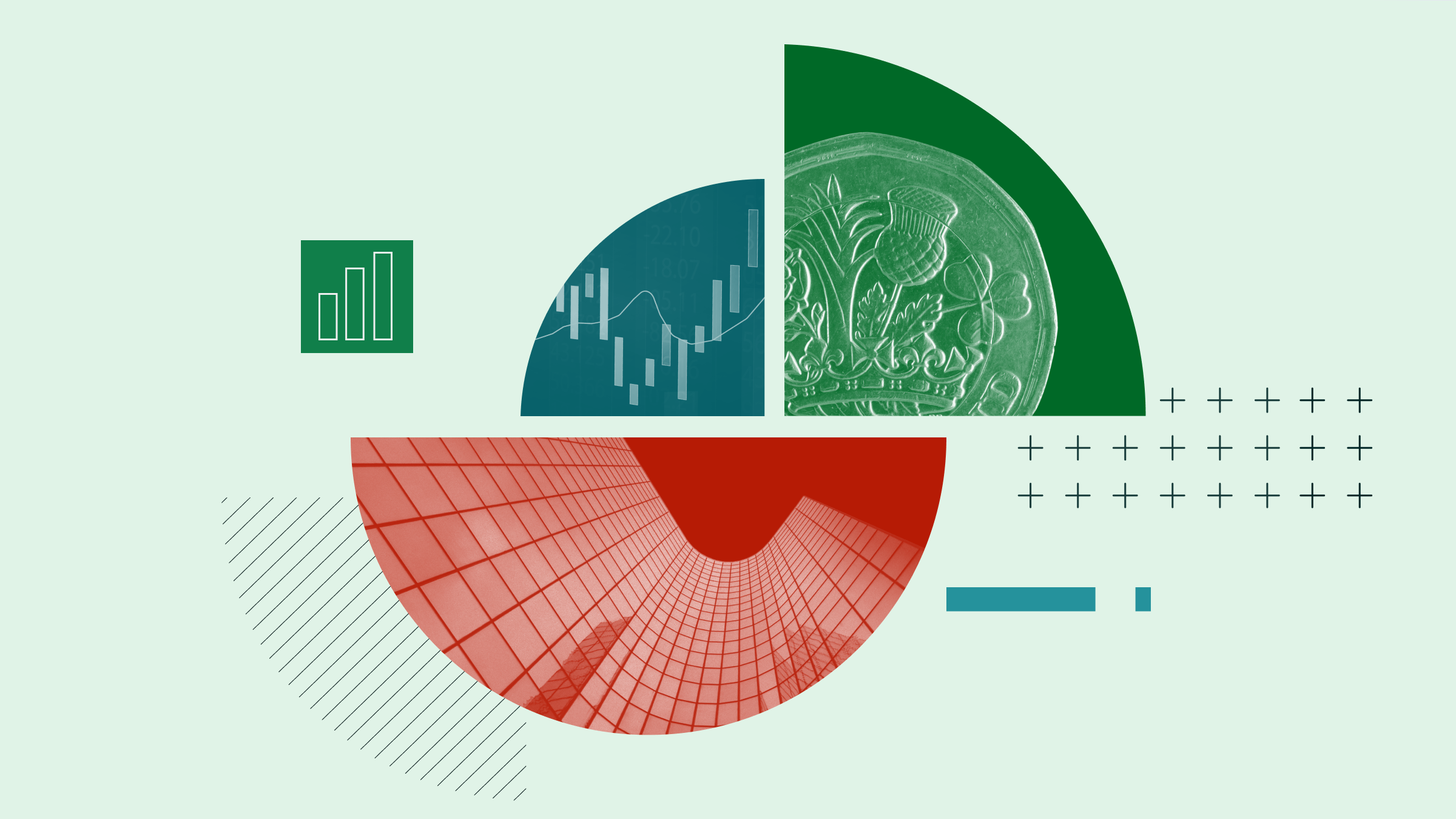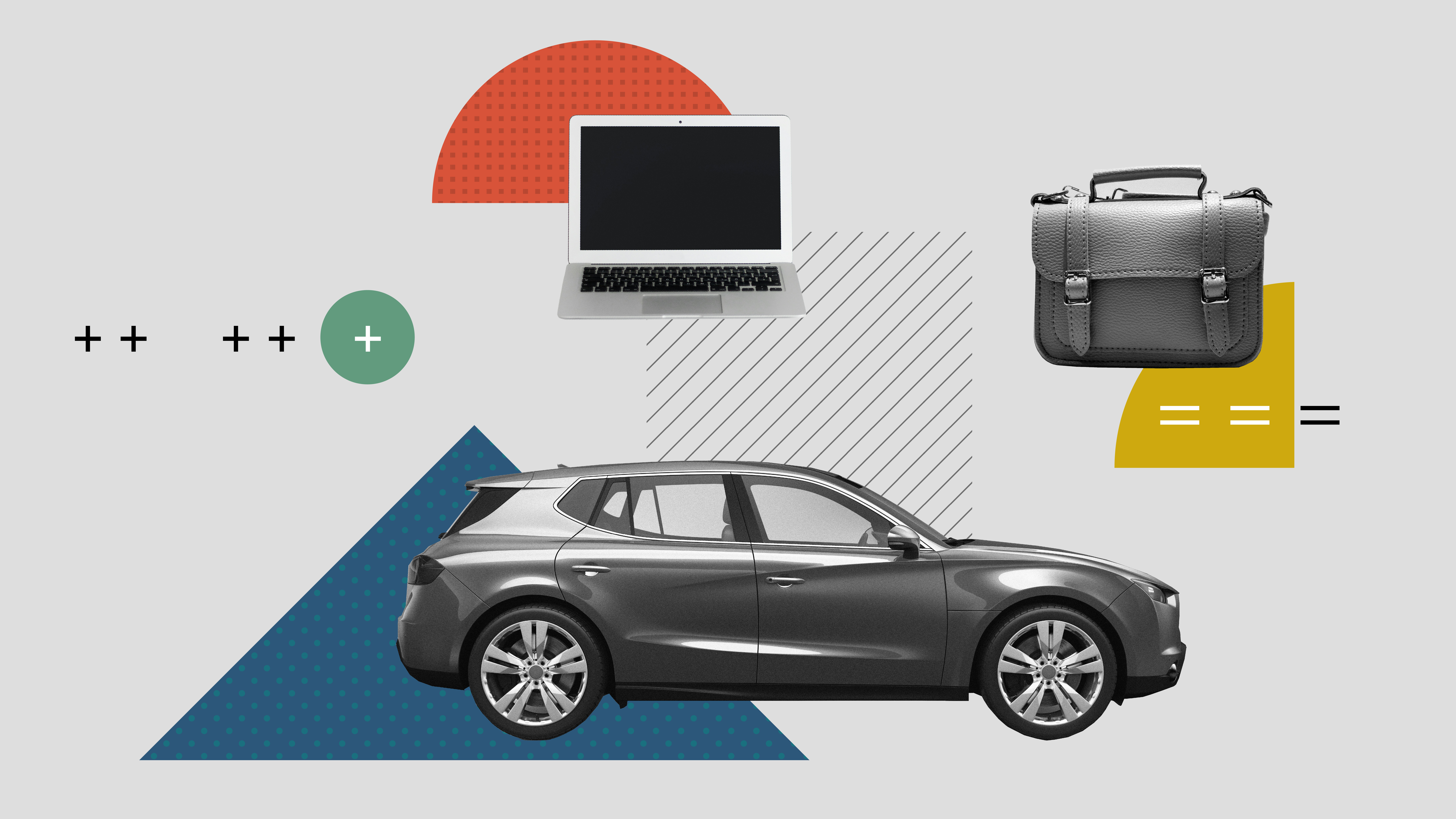During the past 24 hours, multiple media outlets have reported that AB InBev (ABI) may be willing to sell both Grolsch and Peroni, two European brands owned by SABMiller (SAB), in an effort to secure approval from EU regulators for its acquisition of the world's number-two brewer. Both assets possess high shares in their domestic markets and have whitespace growth potential, but ultimately are not likely to be core to AB InBev's go-to-market strategy.

If ever there was any doubt about the strategy behind AB InBev's acquisition of SABMiller, this removes it

We think the most likely European buyer of the brands is Carlsberg, although we also expect Molson Coors to be interested. The impact to the value creation from the deal will depend on the price received, and we will maintain our fair value estimates for AB InBev and SABMiller of €112 and £39, respectively, until we have more visibility into the structure and value of the complex group of transactions.
The sale, if it occurs, would have no impact on our wide economic moat rating for AB InBev, and we regard the combination with SABMiller as being moderately moat-enhancing. It would, however, support our belief that the primary purpose behind the transaction is the pursuit of growth in Africa.
The sale of Grolsch and Peroni should help clear the way for regulatory approval in the European Union. We have identified the Netherlands as being the market most likely to cause antitrust issues, as the two firms hold a combined 30% market share. Grolsch holds a share of around 13% in the Netherlands, so its disposal should eliminate antitrust concerns.
In Italy, the combined share of the two firms is around 27%; this is slightly less problematic, but still likely to raise antitrust concerns. Peroni holds around 25% volume share.
We believe Peroni and Grolsch represent a material portion of SABMiller's £4.2 billion annual sales in Europe. At 2 times to 3 times sales, we estimate the divestiture could fetch $3 billion-$4 billion in cash, which would most likely be put towards the financing of the SABMiller acquisition.
Despite media speculation to the contrary, Heineken is probably a nonstarter as an acquisitor of either brand. The dominant player in its domestic market of the Netherlands, with a near-40% share through the Heineken, Brand and Amstel brands, Heineken is also the market leader in Italy, where it owns Moretti, the country's largest beer brand, and holds a 30% market share.
Carlsberg would have fewer antitrust barriers to buying the brands, though its 6% market share in Italy may attract regulator scrutiny. In addition, at 3.4 times debt/EBITDA at the end of 2014, its financial position is less healthy than that of Heineken, although we think the balance sheet could sustain an additional $3 billion in debt. The cost of both brands may be too high for C&C, the small-cap Irish brewer of Tennent's and Bulmers and Magners ciders, although an acquisition of one of the brands may be possible.
If ever there was any doubt about the true strategy behind AB InBev's proposed acquisition of SABMiller, we think these asset disposals, if they occur, remove such doubt. In order to secure the safe passage of the transaction, AB InBev has already stated its intention to divest the MillerCoors joint venture in the United States to Molson Coors.
It is likely to sell SABMiller's stake in the CR Snow joint venture; Bloomberg is reporting this morning that this process has already begun, it has sold the international rights to the Miller brand, and if the most recent media reports are accurate, it will also sell two of the most popular brands in continental Europe. It is also possible that antitrust issues could crop up in other parts of Asia, particularly Australia and India, and that further asset sales in the region may follow. What remains of SABMiller is a small European business and a strong presence in Latin America and Africa.
We believe it is the latter two markets that demonstrate the true purpose behind the deals. Latin America offers an opportunity to further consolidate in a market in which its majority-owned subsidiary, Ambev, is already dominant. Africa represents a new market for AB InBev, as well as a multidecade growth opportunity that should help to offset volume declines in developed markets. Most of the other assets in SABMiller's portfolio, are proving to be noncore to this growth strategy, although some offer significant whitespace potential. Today's developments are a significant step forward for the completion of the deal, but outstanding issues remain.
We suspect that SABMiller's 49% stake in CR Snow, its Chinese joint venture with China Resources Enterprise, will be divested, most likely to CRE. We assume an EBITDA multiple of 15 times, a level we think is fair for the joint venture, which is faster-growing but less profitable than Miller Coors.






























